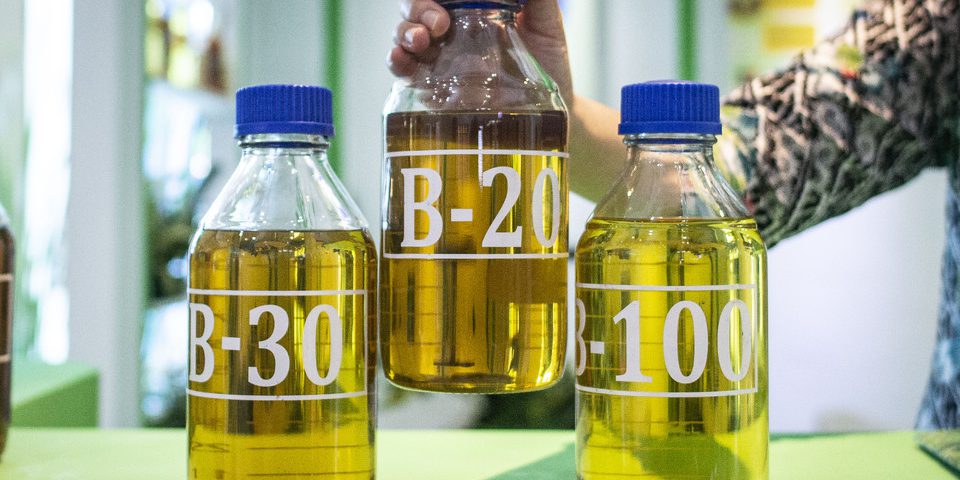Jakarta. The B35 policy — which increases the palm-oil based biodiesel blend from 30 percent to 35 percent — could increase domestic demand for palm oil by 2 million tons, an industry executive has said.
“Switching from B30 to B35 will potentially spur a 2 million ton increase in [domestic palm oil] demand,” Santosa, the chief executive officer at the palm oil giant Astra Agro Lestari said at a recent media brief in Salatiga.
According to Santosa, domestic palm oil demand will rise between 3 and 3.5 million tons every time the government increases the biodiesel blend by 10 percent.
“Indonesia is the world’s largest producer and consumer of palm oil, especially now with the B35 mandate,” Santosa said.
When asked by reporters if the biodiesel has an impact on Astra Agro’s profitability, Santosa replied: “We sell our palm oil at home, but also export them. It all comes down to which market gives the best price.”
This means that Astra Agro Lestari has the option to pick the market in which the company can make the most money.
Indonesia is implementing the biodiesel program in a bid to cut diesel fuel imports, among others. The Oil Palm Plantation Fund Management Agency (BPDPKS) collects palm oil export levies. As biodiesel costs more than diesel, the BPDPKS will chip in from the collected levies to cover the price gap. Santosa revealed Indonesia’s annual palm oil exports topped 30 million tons or about two-thirds of the country’s total production.
“It is best to stop at B40. Indonesia should allocate most of its palm oil for export because we need to provide subsidies [for biofuel]. There are times when palm oil and diesel prices differ. That would call for subsidies, but who will provide them if there are no exports and levies?” Santosa said.
Read More:
- Astra Agro Looks Back on Past CPO Export Ban’s Lasting Impact
- Indonesia Should Not Fear Losing EU’s Palm Oil Market: Gapki
The B35 mandate came into force on Feb. 1, 2023.
Government data showed the distributed biodiesel during the B30 program last year stood at more than 10.5 million kiloliters. B30 has helped Indonesia to save $8.34 million in foreign exchange, which would have otherwise been used on oil imports. The government claimed the B30 program absorbed more than 1.3 million workers and slashed 27.8 million tons of carbon dioxide emissions.
With B35 now in effect, the disbursed biodiesel is expected to reach 13.15 million kiloliters this year. The 35-blend mandate will likely save up to $10.75 billion in foreign exchange, and bring added value worth Rp 16.76 trillion (about $1 billion) to the downstream industry. The reduced carbon emission is forecast to reach 34.9 million tons.
The government has already concluded the road tests for the B40 blend last year.
Source: jakartaglobe.id










